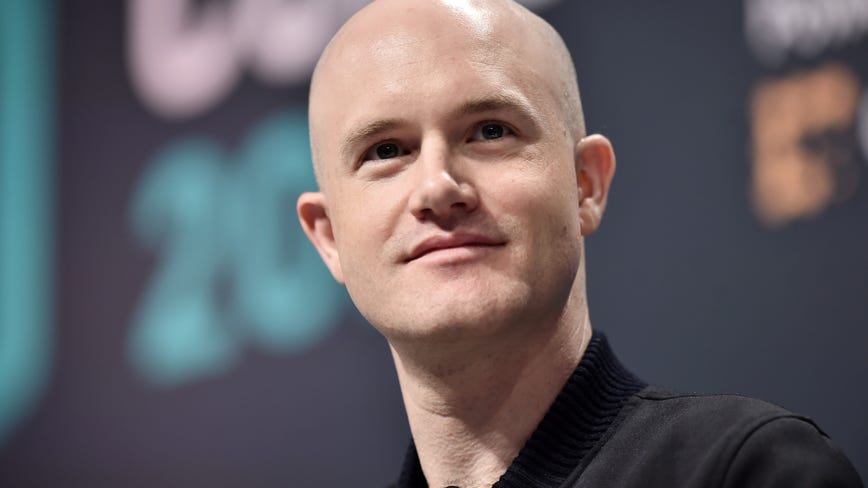Coinbase CEO stole blockchain startup’s work, lawsuit alleges

Coinbase CEO Brian Armstrong is accused of trying to eliminate a competing project.
Steven Ferdman/Getty Images
The CEO of Coinbase stole the work of a blockchain startup for a rival project under the guise of a potential investment, according to a lawsuit alleging the cryptocurrency exchange committed fraud.
Coinbase CEO Brian Armstrong was designing a platform for publishing academic research that used tradable tokens when he learned of a similar platform called Knowledgr, according to a complaint filed Friday in California by MouseBelt Labs, a blockchain accelerator that had already invested money and work in Knowledgr. Like Knowledgr, Armstrong’s ResearchHub would reward participants with tokens, similar to bitcoin, according to the lawsuit.
After learning of Knowledgr and its head start over his secret project, Armstrong offered the leader of the Knowledgr project a financial investment and the opportunity to list the tokens on Coinbase, according to MouseBelt’s complaint. Knowledgr’s leader was deep in student loan debt – information Armstrong used as he “weaseled” his way into gaining a controlling interest in the project and dilute MouseBelt’s investment, the complaint alleges.
But Armstrong “had no intention” of funding Knowledgr or helping it launch its project, the lawsuit says. Instead, his plan was to divert Knowledgr’s proprietary assets to his own project and eliminate a potential rival, MouseBelt alleges.
“It was Armstrong’s and the other Defendants’ intent to steal MouseBelt’s work for themselves, to not only eliminate a potential competitor but to obtain for ResearchHub the benefits of the financial, design and technical resources MouseBelt put into Knowledgr, thereby allowing ResearchHub to launch sooner at less cost a successful platform based entirely or substantially on MouseBelt’s work,” MouseBelt alleges in its complaint.
In a statement Tuesday, Coinbase spokesman Elliott Suthers said the claims in the lawsuit are “entirely frivolous” and that the company looks forward to “proving our case in court.”